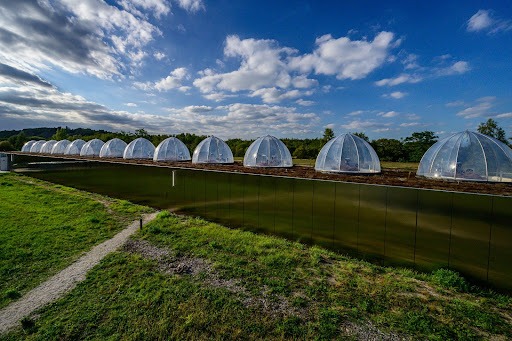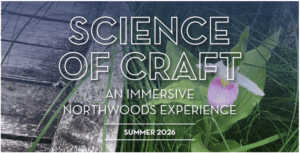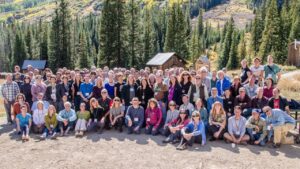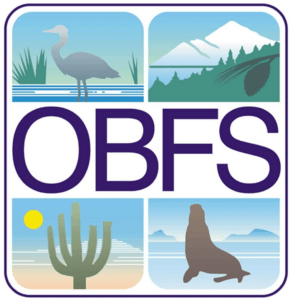The Function of Field Stations and Marine Labs
"You do realize what that summer...did to us, don't you? Made us realize we could actually do science."
— Jeff, past student at a field station
"Field stations are places where we can read the book of life in the language in which it was written."
— James Kirchner, U.C. Berkeley
Discussion Board
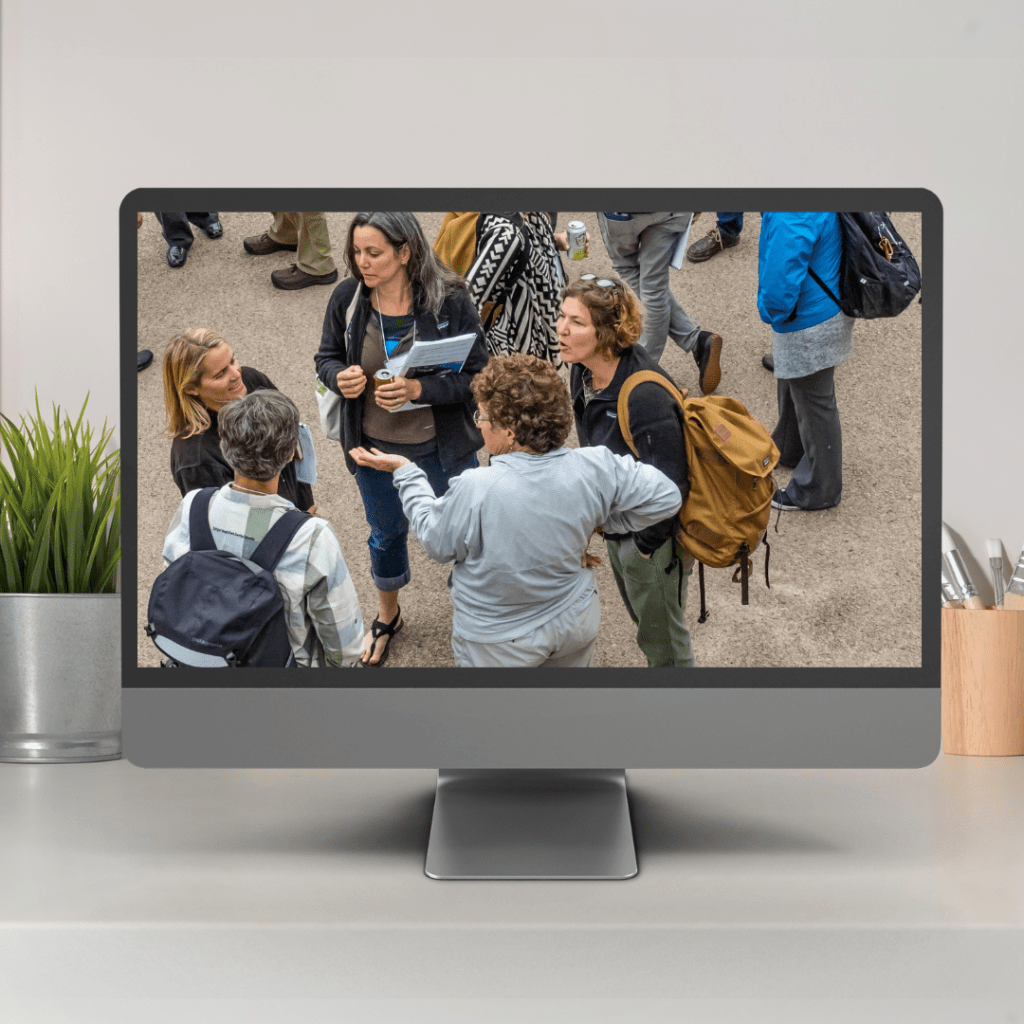
Contribute to ongoing discussions and review content and Q&As developed for FSML staff
General Information

Job Postings
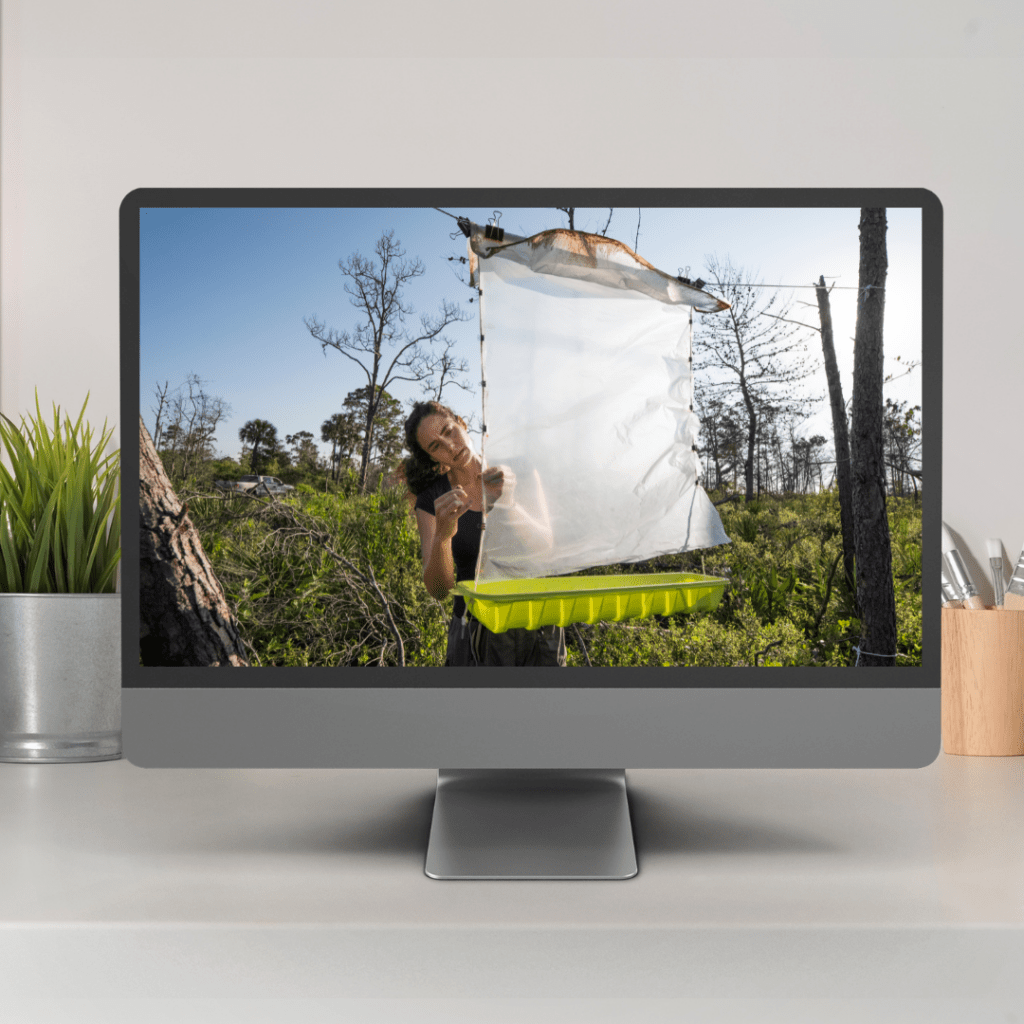
Operating a field station for research and education presents many challenges. Here are opportunities for people who thrive at FSMLs.
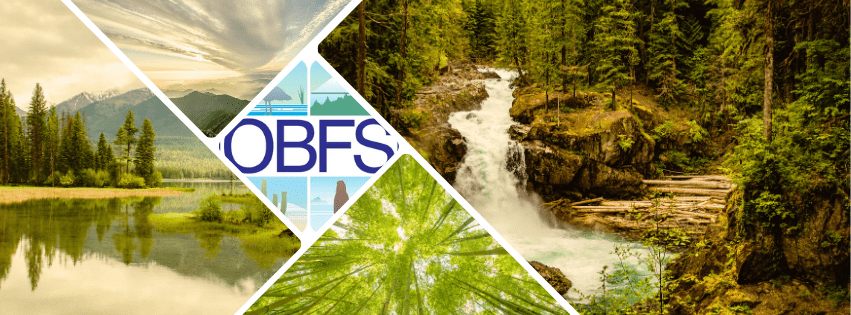
2025 Annual Meeting
Thank you to everyone who joined us for the OBFS Annual Meeting at the Rocky Mountain Biological Laboratory this September. Post meeting information will be shared soon.
Save the date
Please plan to join us Sept. 14-18, 2026 at the Schoodic Institute in Maine for the next OBFS Annual Meeting.
News and Events
2026 Science of Craft at IBSL
Science of Craft is back at the Itasca Biological Station and Laboratories! The cold of…
Tickets now available for The Crucial Role of Field Stations in Science with Miles O’Brien
Join OBFS on Friday, Sept. 19 at the Center for the Arts in Crested Butte,…
Join us at the OBFS Annual Meeting
📅 September 15-19, 2025 📍 Rocky Mountain Biological Laboratory (RMBL), Gothic, Colorado OBFS is thrilled to announce…
OBFS iNaturalist project nears 1 million observations!
Today we are featuring the Organization of Biological Field Stations’ (OBFS) iNaturalist Umbrella Project! 🌿🦋This…
OBFS International Committee Meeting
The OBFS International Committee meets every first Friday of the month at 11 a.m. EST…
Technology tools for Field Stations and Marine Labs // Herramientas tecnológicas para estaciones de campo y laboratorios marinos
In recent years, technological innovation and applied research has created a suite of new accessible…
Field Stations and Marine Labs
Donate to OBFS!
OBFS is a non-profit organization and you can help further and sustain its mission through your generous support. Please consider a generous donation in support of our work to help shape the future of field science in your community!

